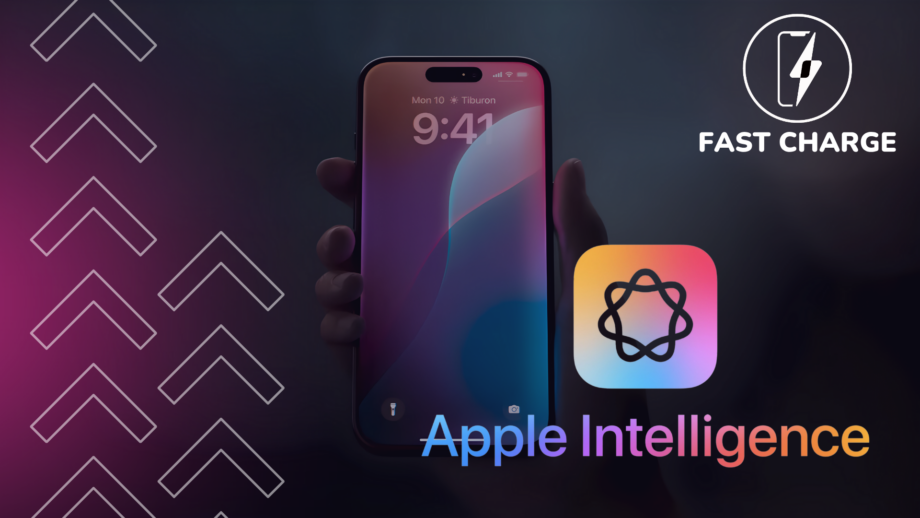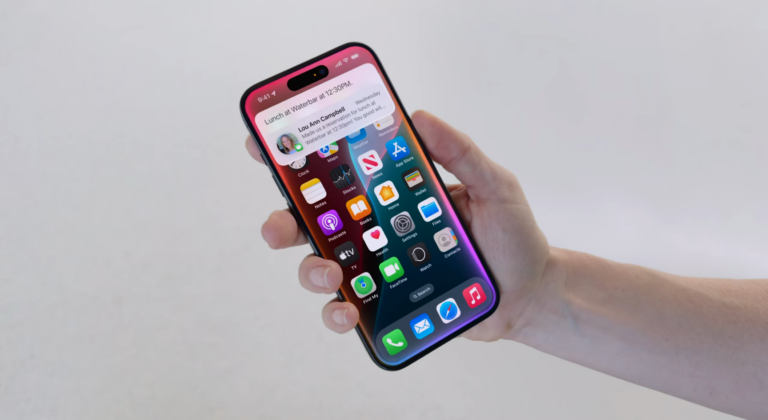
(Image credit:Trusted Reviews)
Apple has finally ventured into the realm of generative AI, and its debut doesn’t disappoint. It introduces a plethora of AI-driven functionalities that not only rival but often surpass those of Android counterparts.
For instance, Siri now boasts the capability to interact with apps on your behalf. You can command Siri to perform tasks like “play the podcast I listened to last week” or “show me the latest document I opened in Files.” Apple is also working on extending Siri’s support to third-party apps, enhancing its utility even further.

(Image credit:Medium)
It also integrates with one of the most popular language models, ChatGPT 4o, which analyzes images and can suggest new paint colors for your living room walls. Alongside features like generative AI writing support, photo distraction removal, Genmoji, and a host of other AI-driven capabilities, it’s easily the most significant feature Apple has unveiled in years.
But here’s the catch: the excitement is tempered by a major limitation. Apple Intelligence, set to debut with the upcoming iOS 18 update later this year, will be exclusive to a select few iPhone models.
In fact, only two models—the iPhone 15 Pro and iPhone 15 Pro Max—will support it. That means if you purchased an iPhone 15 or iPhone 15 Plus this year, you won’t have access to the GenAI technology when it becomes available.

(Image credit:Trusted Reviews)
he reason behind this limitation is surprisingly straightforward: only the A17 Pro chip meets the performance requirements to support the full Apple Intelligence experience, alongside M-series chips on iPads and Macs. This decision is crucial because Apple has opted to handle the majority of AI processing directly on the device itself.
While this approach aligns with Apple’s longstanding commitment to user data privacy, it raises a critical question: do average consumers truly prioritize privacy over access to cutting-edge features? For many, the disappointment of not being able to utilize these advanced capabilities on their iPhone, even if it’s just a year old, may overshadow the privacy benefits.
Now, let me clarify my stance: I fully support on-device generative AI processing as the right approach. It prevents user inputs from being stored on remote cloud servers and safeguards sensitive data from being used for language model training and shared with others.
However, I believe a more inclusive strategy would have been preferable. Introducing some of the less resource-intensive Apple Intelligence features to older iPhone models could have brought tens of millions of iPhone users into the ecosystem, rather than leaving them completely excluded.

(Image credit:Trusted Reviews)
Now, I’m not an AI scientist, and I don’t have detailed knowledge of how Apple Intelligence operates – surprising, I know. Therefore, I can’t determine which features require less resources than others. However, I assume on-device generative AI tasks are more demanding than tasks like transcribing voice recordings.
Even if older devices take slightly longer to process these tasks, I believe it would be a reasonable compromise. It would offer consumers the choice to upgrade to an iPhone 15 Pro or Pro Max (or possibly an iPhone 16 model later this year) rather than feeling compelled to do so.
For me, the most difficult aspect to accept is that this seems like a deliberate strategy by Apple to encourage existing iPhone owners to upgrade their devices prematurely. This is despite models like the iPhone 14 Pro, 14 Pro Max, iPhone 15, and 15 Plus being perfectly capable in most other respects. It’s especially pertinent given Apple’s recent announcement of a 10% year-on-year decline in iPhone sales.

